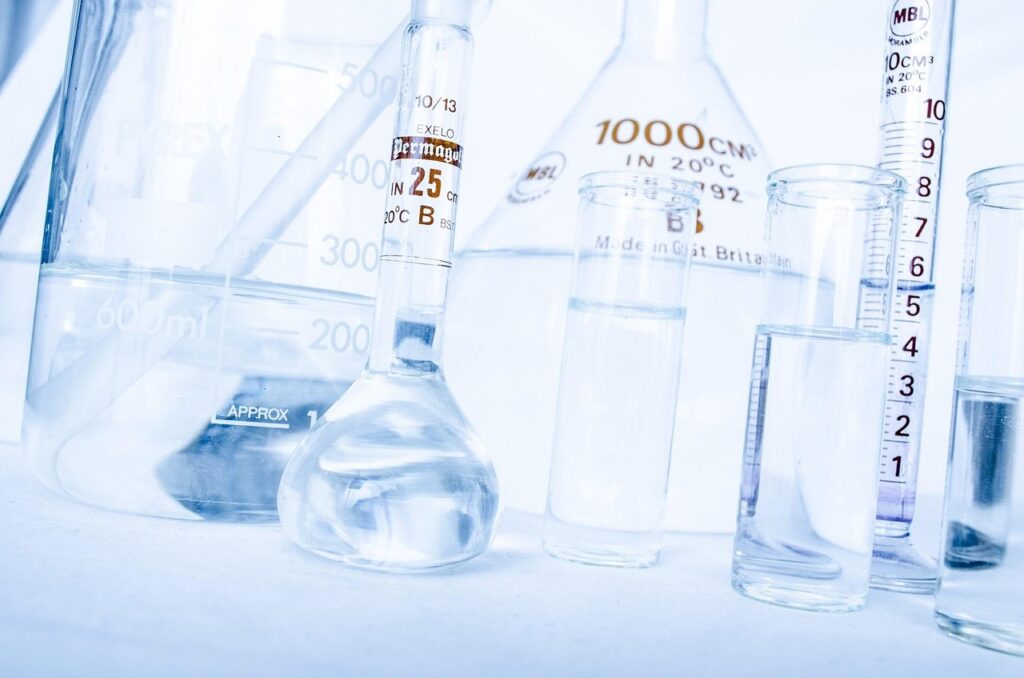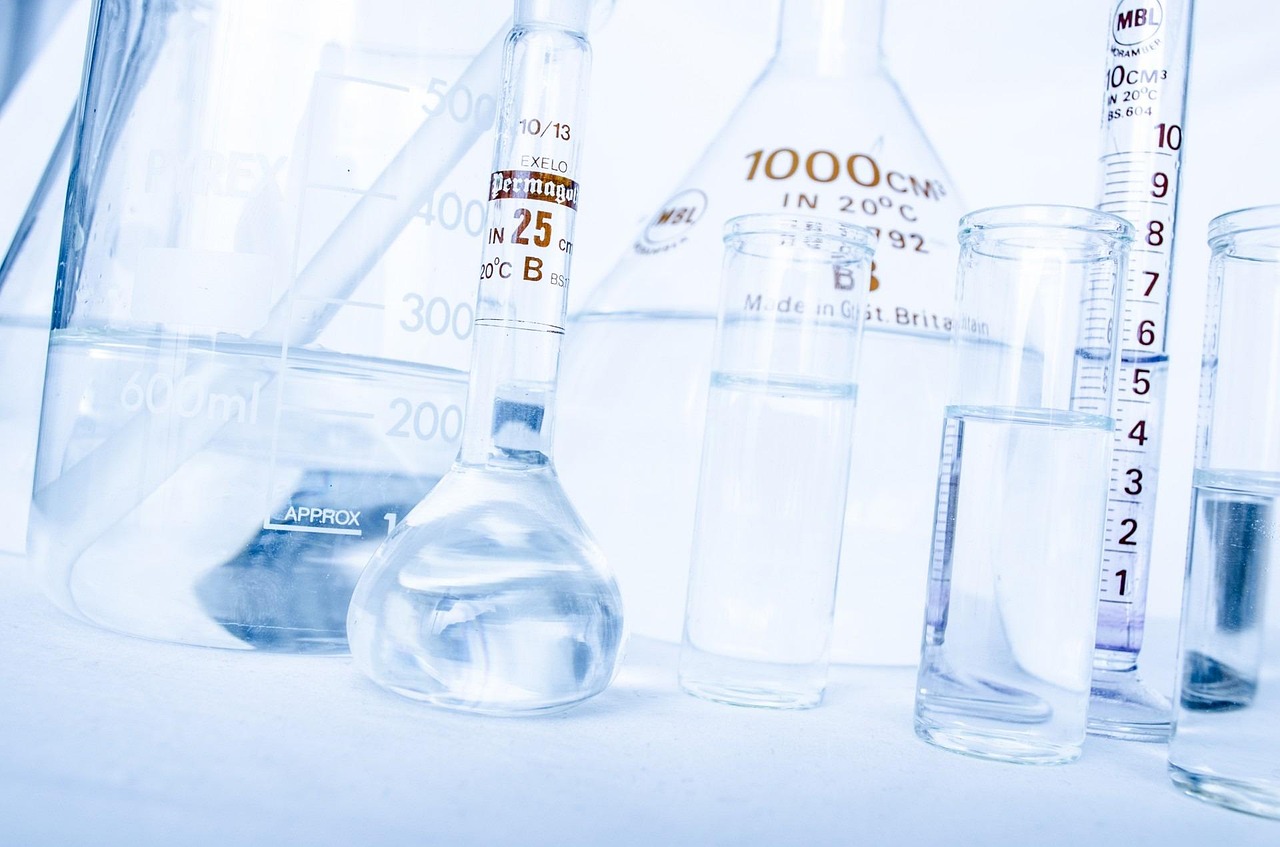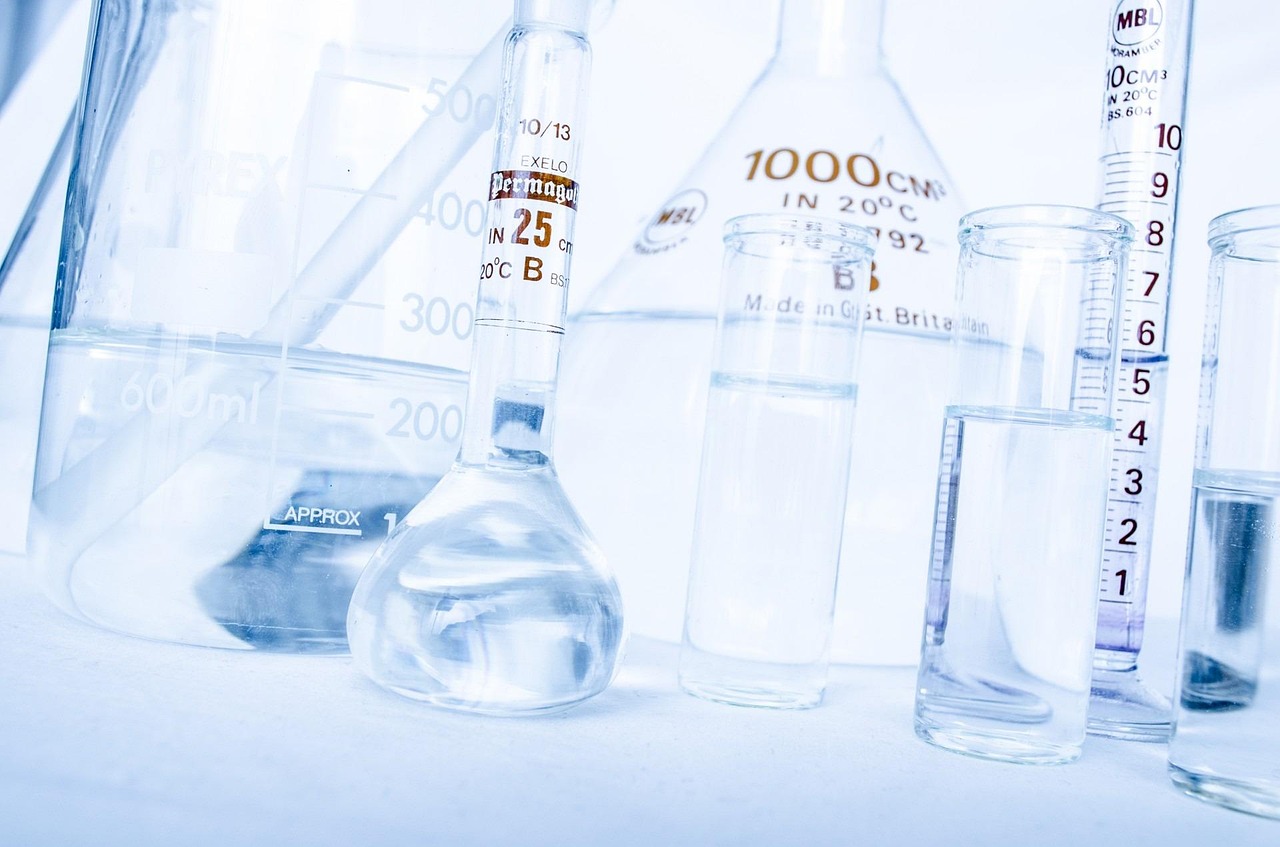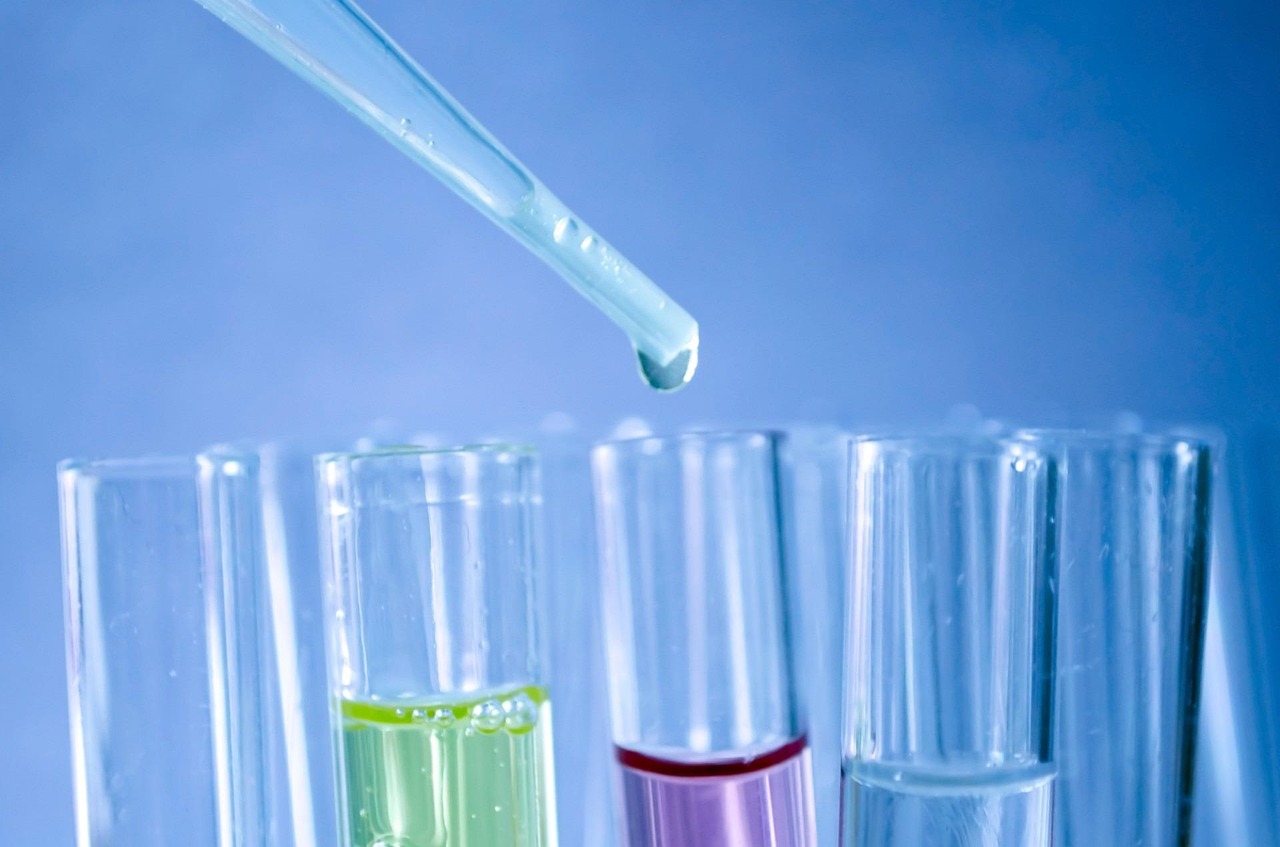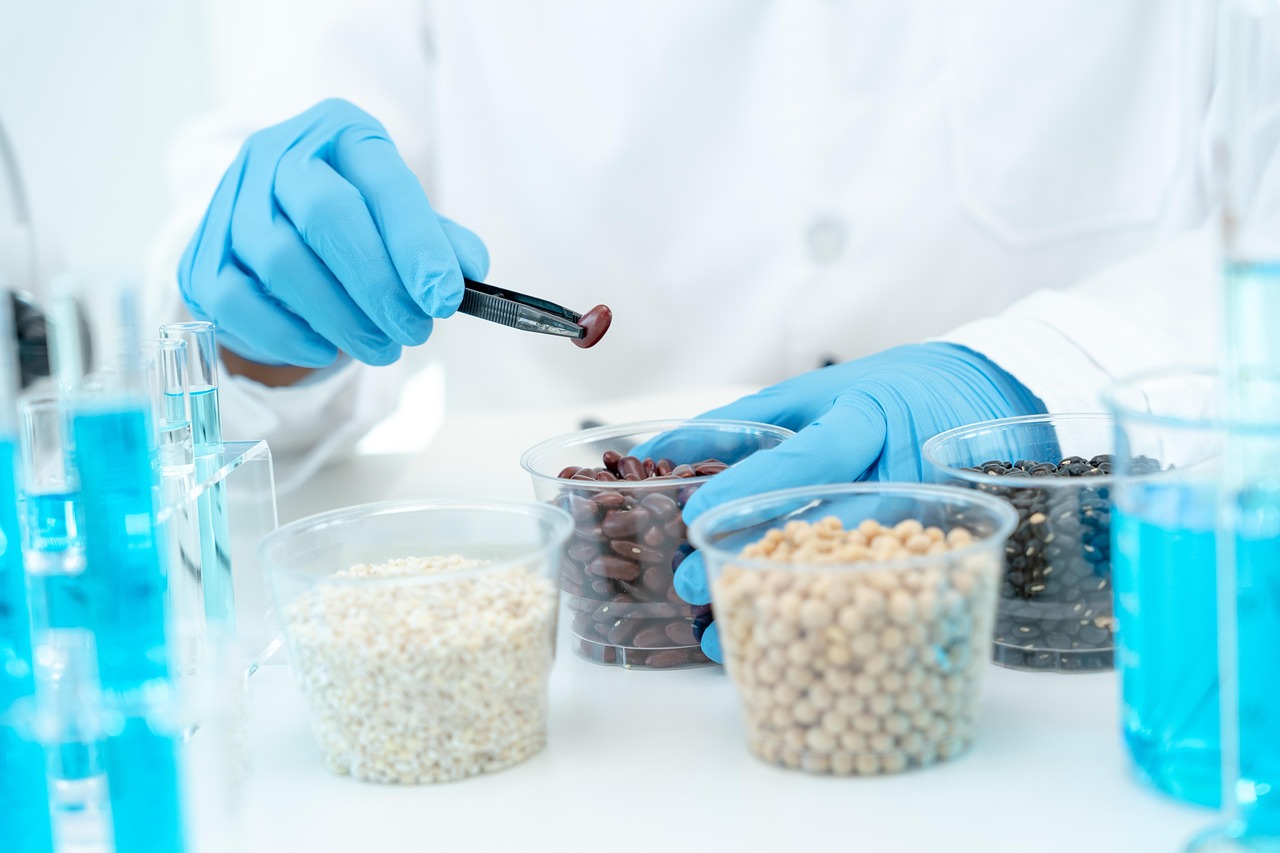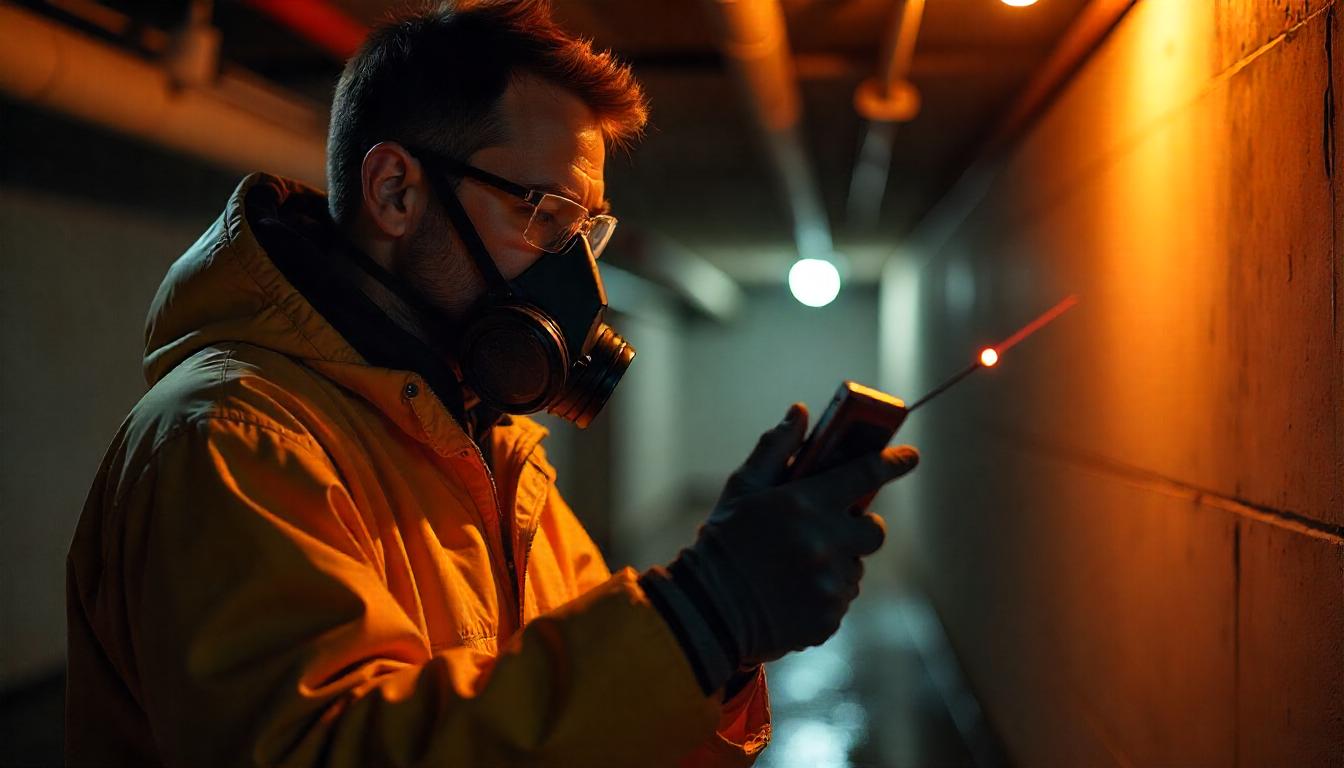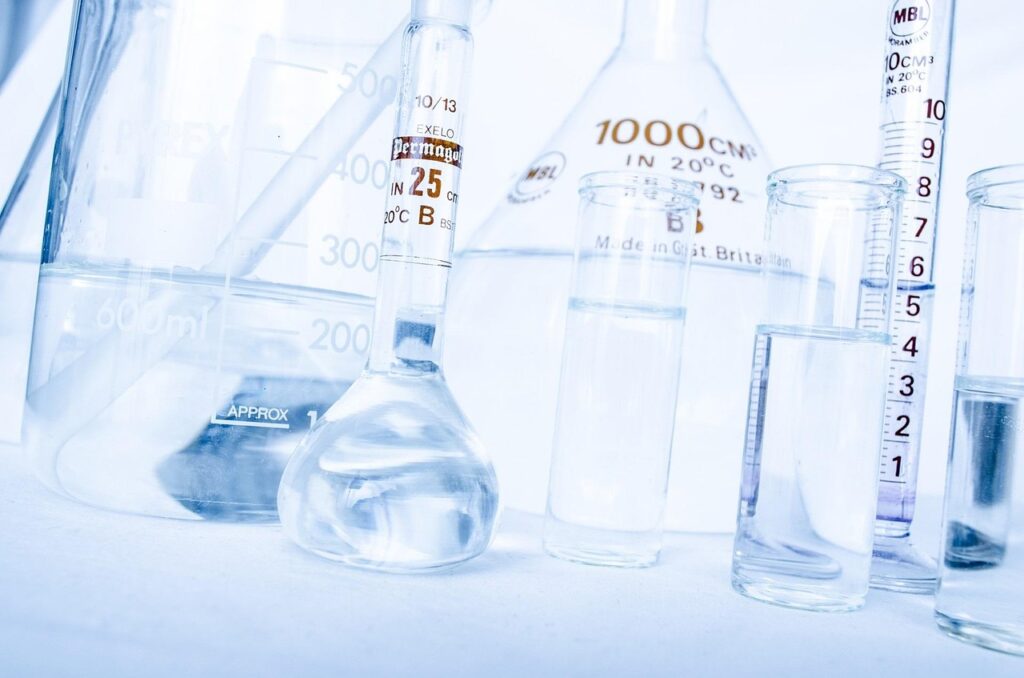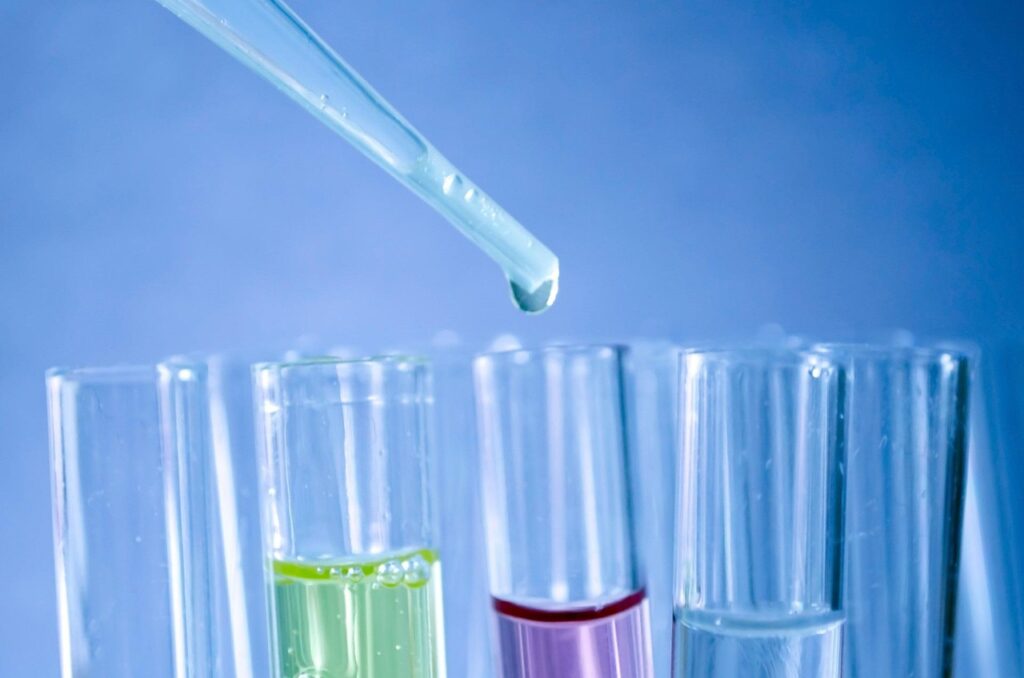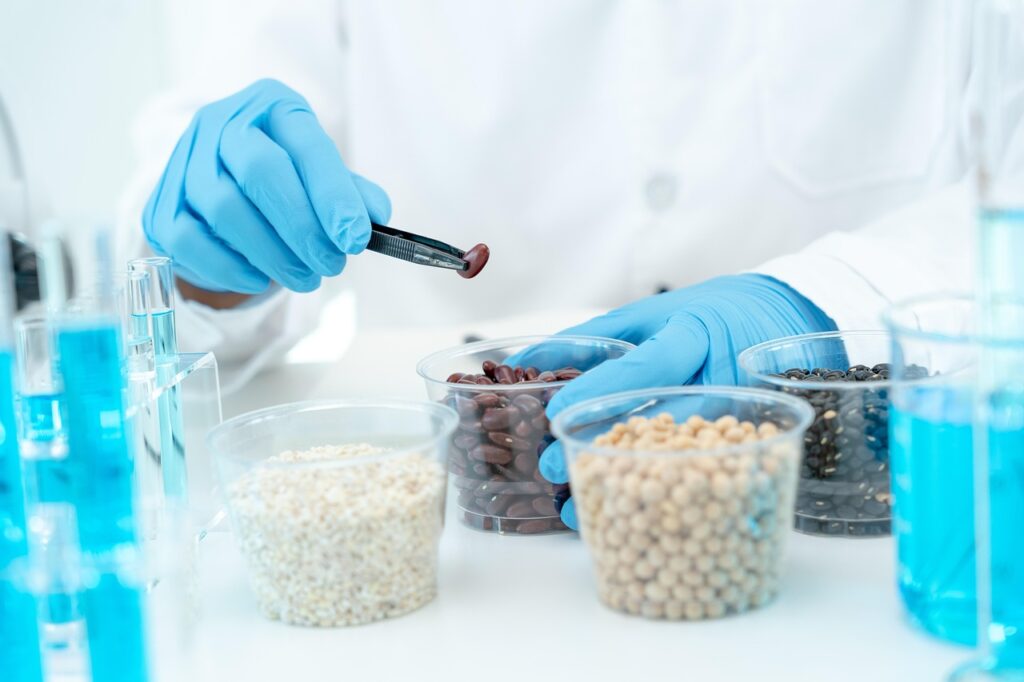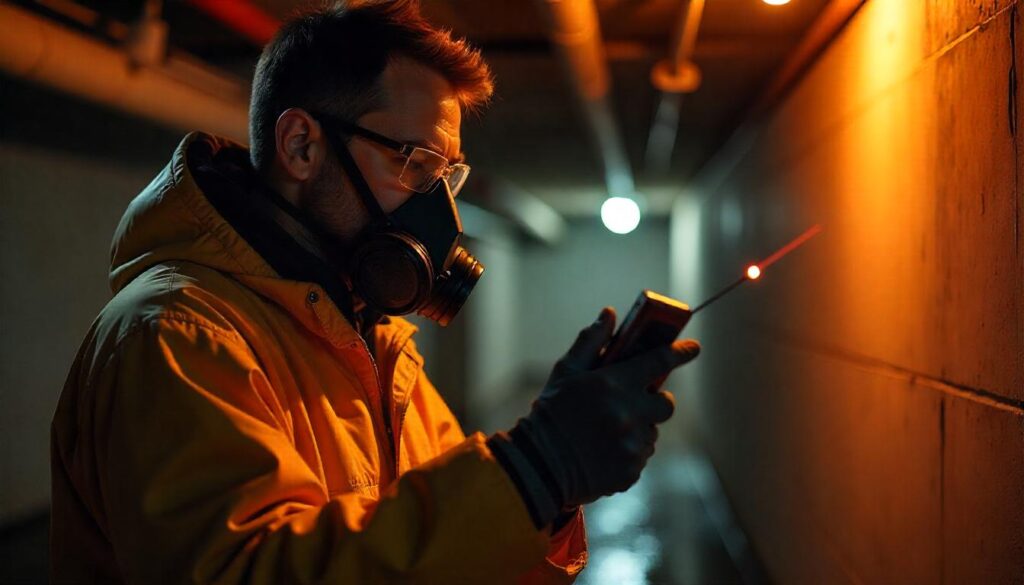Food safety and quality are more crucial than ever in the fast-paced world of today when processed and packaged foods rule the market. Food testing services are essential in this situation. Reliable food testing benefits all parties involved, including consumers, regulatory agencies, and small and large food producers. However, what are food testing services really, and why are they so important?
Everything you need to know about food testing services will be covered in this extensive blog, including their significance, the kinds of testing that are offered, the industries that rely on them, and how to pick the best testing partner.
What Are Food Testing Services?
Specialized laboratory studies are performed on food and beverage products as part of food testing services to make sure they are safe to eat, satisfy legal requirements, and live up to consumer expectations for quality. These services evaluate food products’ nutritional, chemical, biological, and physical properties.
At every point of the food supply chain, from raw ingredients and processing to packaging and ultimate delivery, testing can be carried out.
Why Are Food Testing Services Important?
Food safety cannot be compromised. A mistake may result in product recalls, widespread disease, harm to the brand, and legal repercussions. Food testing services are crucial for the following reasons:
1. Consumer Safety
Foodborne infections can result from the presence of dangerous bacteria such as Salmonella, E. coli, or Listeria in food. Testing guarantees that there is no microbiological contamination in the items.
2. Regulatory Compliance
Food testing is required by agencies such as the FDA (USA), EFSA (Europe), and FSSAI (India) to make sure products fulfill legal requirements. Heavy fines or prohibitions may result from noncompliance.
3. Quality Assurance
Food testing aids in confirming quality factors such as flavor, color, texture, and shelf life in addition to safety. Customer satisfaction and brand loyalty depend on this.
4. Detecting Adulteration
In markets where trust is crucial, adulteration with dangerous drugs is a significant problem that testing helps identify.
5. Nutritional Labeling
Brands may increase openness and consumer trust by accurately labeling their products with precise nutritional information thanks to accurate testing.
Types of Food Testing Services
There is no one-size-fits-all method for food testing. Various kinds of testing are carried out based on the product and its intended use:
1. Microbiological Testing
Detects harmful bacteria, yeast, molds, and viruses. Common tests include:
- Salmonella detection
- E. coli and coliforms
- Listeria monocytogenes
- Total plate count (TPC)
2. Chemical Testing
Assesses chemical composition and contaminants:
- Pesticide residues
- Heavy metals (lead, arsenic, mercury)
- Food additives and preservatives
- Mycotoxins and aflatoxins
- Antibiotic residues in dairy or meat
3. Nutritional Analysis
Establishes the amounts of proteins, lipids, carbs, vitamins, and minerals to back up labeling and nutritional claims.
4. Allergen Testing
It is vital to identify possible allergens such as lactose, gluten, nuts, and soy to prevent allergic responses in customers.
5. Genetically Modified Organism (GMO) Testing
Aids businesses in correctly labeling their goods or adhering to import/export laws about genetically modified organisms.
6. Shelf Life Testing
Calculates how long a product is safe and maintains the sensory, chemical, and microbiological properties that are desired.
7. Sensory Evaluation
Evaluate appearance, flavor, texture, and aroma using consumer testing or trained panels.
Industries That Rely on Food Testing Services
Food testing is not just for big manufacturers. A wide range of industries use these services to maintain safety and quality:
- Food & Beverage Manufacturers – For product development, compliance, and branding.
- Hospitality Industry – Restaurants and catering services test food to avoid spoilage or contamination.
- Agriculture & Raw Material Suppliers – Testing inputs like grains, dairy, or meats.
- Import/Export Businesses – To meet international food safety standards.
- Retail Chains & Supermarkets – Routine checks on shelf products for quality and expiration.
- Government Agencies – Monitoring public health and regulatory compliance.
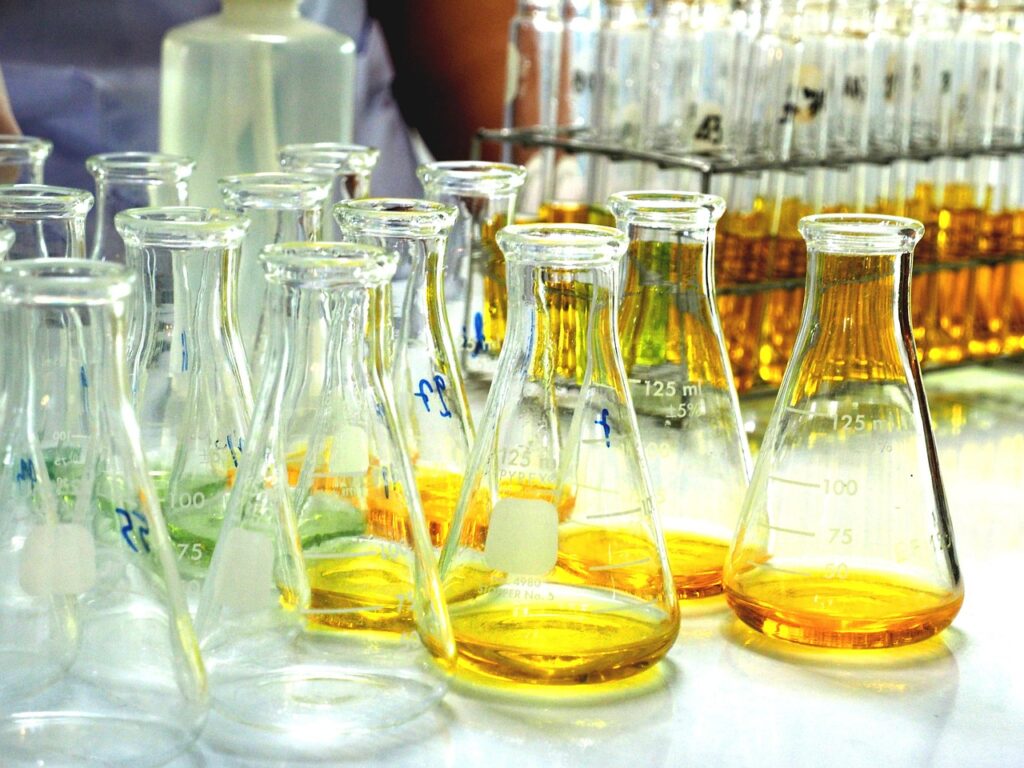
How Food Testing Services Work: Step-by-Step
Here’s how the process generally unfolds:
Step 1: Sample Collection
A sample of the product is collected and transported to a certified lab under strict handling protocols.
Step 2: Testing & Analysis
Depending on the objective (safety, nutrition, shelf life), the sample undergoes a series of tests using scientific instruments like:
- High-Performance Liquid Chromatography (HPLC)
- Gas Chromatography (GC)
- Mass Spectrometry (MS)
- PCR for DNA analysis
- ELISA kits for allergens
Step 3: Reporting
A thorough test report that includes the results, limitations, compliance status, and interpretation is issued by the laboratory.
Step 4: Recommendations
Some cutting-edge labs offer practical recommendations to enhance production, packaging, or formulation procedures.
Choosing the Right Food Testing Partner
Choosing the correct lab is vital because food testing services are so important. What to look for is as follows:
Accreditation
Select a lab that has been approved by the FSSAI, ISO/IEC 17025, or NABL (India). Accreditation guarantees proficiency and dependability.
Range of Services
Microbiological, chemical, and nutritional testing can all be done in one location in a full-service lab.
Turnaround Time
Food businesses have strict deadlines. Select a lab that produces accurate but timely results.
Technical Expertise
Make sure that the lab has scientists with training, up-to-date equipment, and industry expertise.
Customer Support
Clear interpretation of results, regulatory updates, and assistance in resolving non-compliance issues are all provided by good labs.
Food Testing Services in India: A Growing Market
In India, the demand for food testing services has skyrocketed in recent years, thanks to:
- Rising consumer awareness
- Frequent food adulteration cases
- Mandatory FSSAI compliance
- Globalization of food exports/imports
Some of the leading food testing laboratories in India include:
- FICCI Research and Analysis Centre (FRAC)
- National Accreditation Board for Testing and Calibration Laboratories (NABL) certified labs
- Eurofins Analytical Services
- Intertek India
- Bureau Veritas India
- TÜV SÜD India
These labs support both domestic and international brands in ensuring compliance and quality.
The Role of Technology in Food Testing Services
Technological advancements are revolutionizing food testing:
- AI and Machine Learning are helping in pattern recognition and data analysis.
- Blockchain is being used for traceability and transparency in the food supply chain.
- Portable Testing Kits now allow on-site rapid testing — ideal for restaurants and field inspectors.
- Cloud-based lab Reporting enables real-time access to results and compliance records.
These innovations are making food testing faster, more accurate, and more accessible.
Final Thoughts
Strong food testing services are becoming more and more necessary as food goods travel across borders and supply chains get more intricate. Understanding and efficiently using food testing may guarantee safety, foster trust, and propel long-term success, regardless of your role—food manufacturer, retailer, exporter, or just a worried customer.
In today’s food environment, food testing services become essential rather than optional. Businesses may create safer, healthier, and more dependable products for the market in addition to adhering to rules by investing in quality testing and collaborating with trustworthy partners.
Frequently Asked Questions (FAQs)
Q1: How often should food be tested?
A: Frequency depends on the type of food and risk level. High-risk items (like dairy or meat) should be tested more frequently — monthly or even weekly.
Q2: Is food testing expensive?
A: Costs vary based on the type and number of tests. However, the cost of not testing (due to product recall or customer harm) is much higher.
Q3: Can startups or small businesses afford food testing?
A: Yes. Many labs offer cost-effective packages tailored to MSMEs or startups.
Q4: Is home-cooked food also tested?
A: Typically no, unless you’re selling homemade food online or offline, in which case regulatory compliance may require testing.

